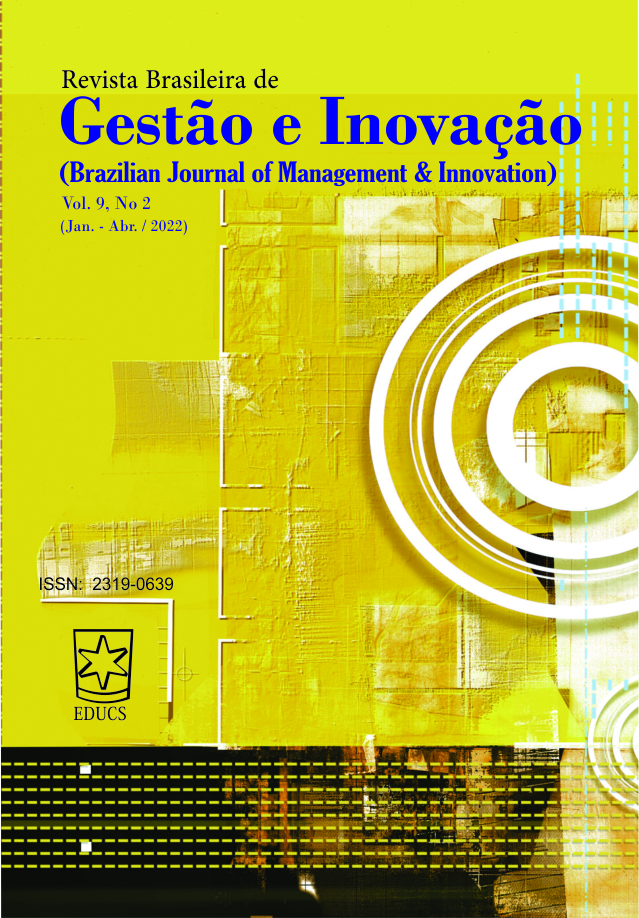THE SCIENTIFIC PRODUCTION IN PUBLIC RELATIONS IN BRAZIL: AN INFOMÉTRICO STUDY
DOI:
https://doi.org/10.18226/23190639.v9n2.08Abstract
Scientific production represents a social commitment signed by a researcher, regardless of the area he or she works. Public Relations is an essential area for conducting organizational communication management, as well as helping organizations and institutions adjust to their audiences. The area of communication is one of the vertices considered by Capes and, in this way, this research is justified by seeking to understand the scientific production in the area of Public Relations in Brazil in the last four years. We used a qualitative and quantitative research, made possible through an infometry. The results of the 36 articles evaluated, because they meet the established criteria, indicate that the year 2016 was the one that presented the most published articles, the main keyword was Public Relations, most articles have 1 author. The main author has 4 articles published in authorship and / or co-authorship. The most representative institution among the authors was the University of São Paulo. Most of the authors are titled as Doctors, and São Paulo was the state with the highest number of authors, followed by Rio Grande do Sul. The most published journals were Organicom and Conexão: Comunicação e Cultura and methodological procedures, 72% of the publications were theoretical. Regarding the findings, it is important to highlight that Public Relations has space to develop as an empirical field, and thus to develop and evolve theories, since this is even one of the criticisms found in the literature.
Downloads
Published
How to Cite
Issue
Section
License
Copyright (c) 2021 Brazilian Journal of Management & Innovation

This work is licensed under a Creative Commons Attribution 4.0 International License.
The author must guarantee that:
- there is full consensus among all the coauthors in approving the final version of the document and its submission for publication.
- the work is original, and when the work and/or words from other people were used, they were properly acknowledged.
Plagiarism in all of its forms constitutes an unethical publication behavior and is unacceptable. Revista Brasileira de Gestão e Inovação has the right to use software or any other method of plagiarism detection.
All manuscripts submitted to RBGI - Revista Brasileira de Gestão e Inovação go through plagiarism and self-plagiarism identification. Plagiarism identified during the evaluation process will result in the filing of the submission. In case plagiarism is identified in a manuscript published in the journal, the Editor-in-Chief will conduct a preliminary investigation and, if necessary, will make a retraction.
This journal, following the recommendations of the Open Source movement, provides full open access to its content. By doing this, the authors keep all of their rights allowing Revista Brasileira de Gestão e Inovação to publish and make its articles available to the whole community.
RBGI - Revista Brasileira de Gestão e Inovação content is licensed under a Creative Commons Attribution 4.0 International License.
Any user has the right to:
- Share - copy, download, print or redistribute the material in any medium or format, linking to RBGI site.
- Adapt - remix, transform and build upon the material for any purpose, even commercially.
According to the following terms:
- Attribution - You must give appropriate credit, provide a link to the license, and indicate if changes were made. You may do so in any reasonable manner, but not in any way that suggests the licensor endorses you or your use.
- No additional restrictions - You may not apply legal terms or technological measures that legally restrict others from doing anything that the license permits.
#RBGI







